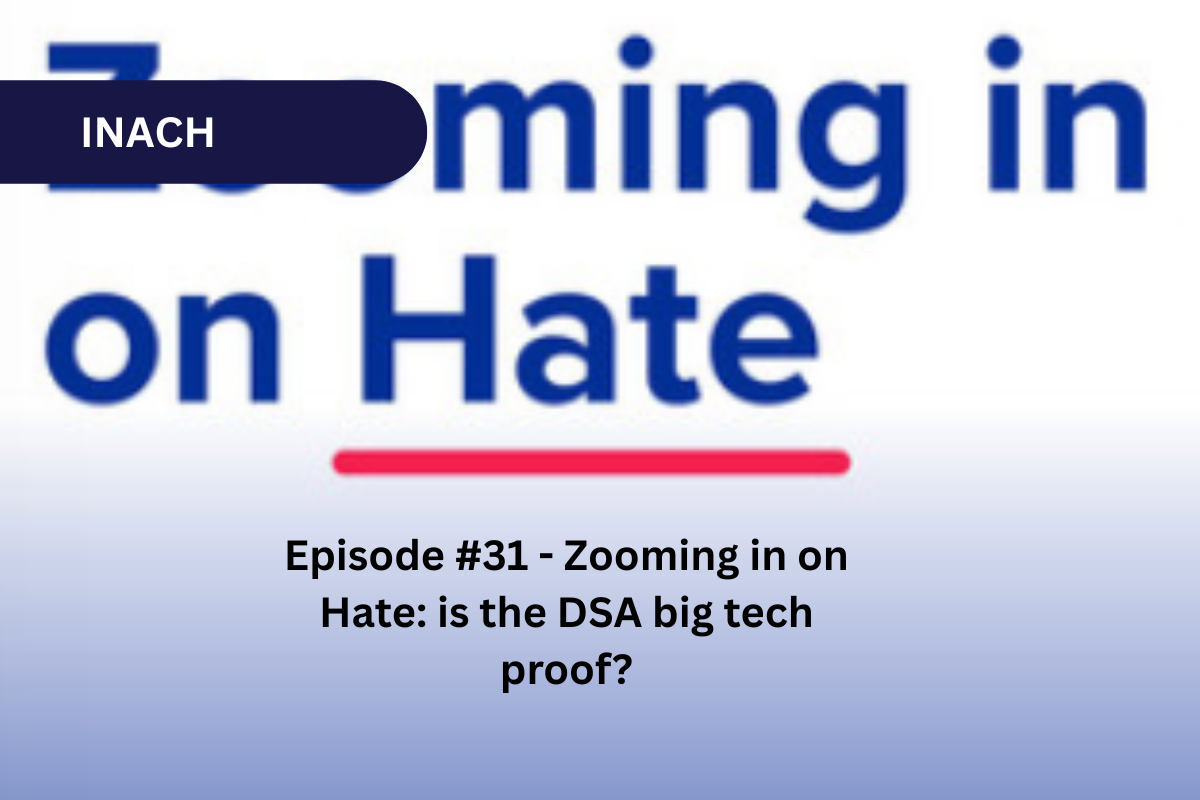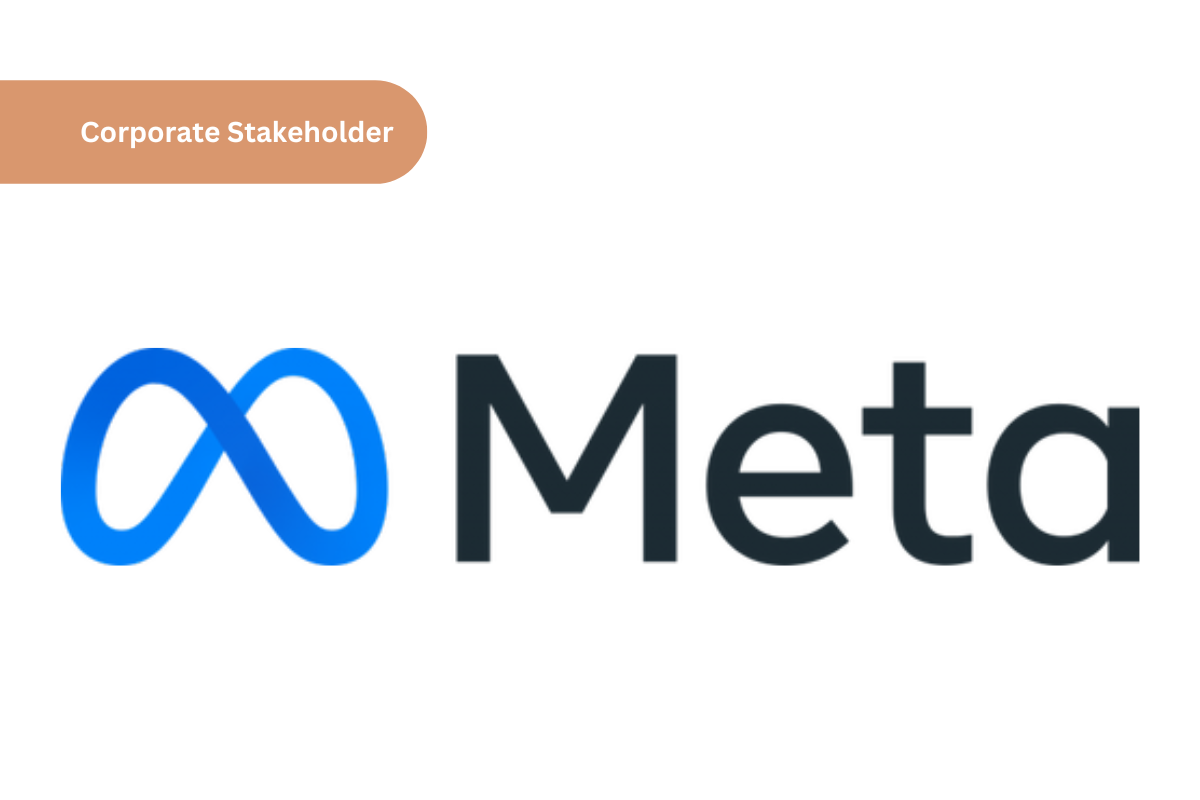Resources
Have a look at our different resources here, coming from a wide variety of actors: civil society, public institutions and corporate stakeholders. You can filter them by reports, tools and games.














Zooming in on Hate: The State of the DSA
How do we create safer, more transparent online spaces? Is the EU’s Digital Services Act (DSA) the solution the world has been waiting for? And what impact is it already having on the digital landscape? In this episode of Zooming in on Hate, we explore The State of the Digital Services Act (DSA)—Europe’s groundbreaking legislation aimed at creating safer and more transparent online spaces.

Code of Conduct on Countering Illegal Hate Speech Online +
The first Code of Conduct on countering illegal hate speech online was adopted on 31 May 2016 by the Commission and different social media companies. Conscious of the significant opportunities and challenges represented by fast technological development and the evolutions in the policy and legal frameworks in the European Union, this Code aims to become a voluntary code of conduct under Article 45 of the DSA. It is in this spirit that the Signatories have agreed on this Code of Conduct+.

2024 European Parliament Post-Elections ReportDigital Services Act - Elections Guidelines
This report is published by Meta Platforms Ireland Limited (“Meta”) in relation to the Facebook Very Large Online Platform (“Facebook”) and Instagram Very Large Online Platform (“Instagram”), in accordance with the Communication from the Commission (C/2024/3014) on Commission Guidelines for providers of Very Large Online Platforms and Very Large Online Search Engines on the mitigation of systemic risks for electoral processes pursuant to Article 35(3) of Regulation (EU) 2022/2065 (the “Digital Services Act”), (the “Election Guidelines”).

Annual Report - jugendschutz.net
The report from 2023 is now available in English.
It draws attention to the potential dangers for children and young people on the Internet. It highlights current phenomena and technological developments such as challenges and pranks, generative AI, and the increased risks for young people due to their misuse.

Technology-facilitated gender-based violence against female politicians in Paraguay
Technology-facilitated gender-based violence (TFGBV) is a reflection of the structural violence faced by women in society. The research “Technology-facilitated gender violence against female politicians in Paraguay” explored how these forms of violence are amplified in the digital space, particularly towards women in politics. In this context, the dynamics of power, gender and politics intertwine to create a hostile environment that affects both their professional and personal lives.

THE AGGRESSOR WEARS A BROWN SHIRT — A NEW REPORT BY THE ‘NEVER AGAIN’ ASSOCIATION
Read the new report by the "‘NEVER AGAIN’ Association.
The ‘NEVER AGAIN’ Association has published the new ‘Brown Book’, which documents some of the attacks on minorities that happened in 2023 and 2024. It ’ lists racist and xenophobic physical assaults, acts of discrimination, and desecrations of cemeteries or monuments to the Holocaust. It includes racist incidents committed by football hooligans, too. In addition, the report documents hate speech in the Polish public debate, especially on social media.

Fighting Online Antisemitism’s Content Reporting and Removal Guides
Read FOA's content reporting and removing guides.
